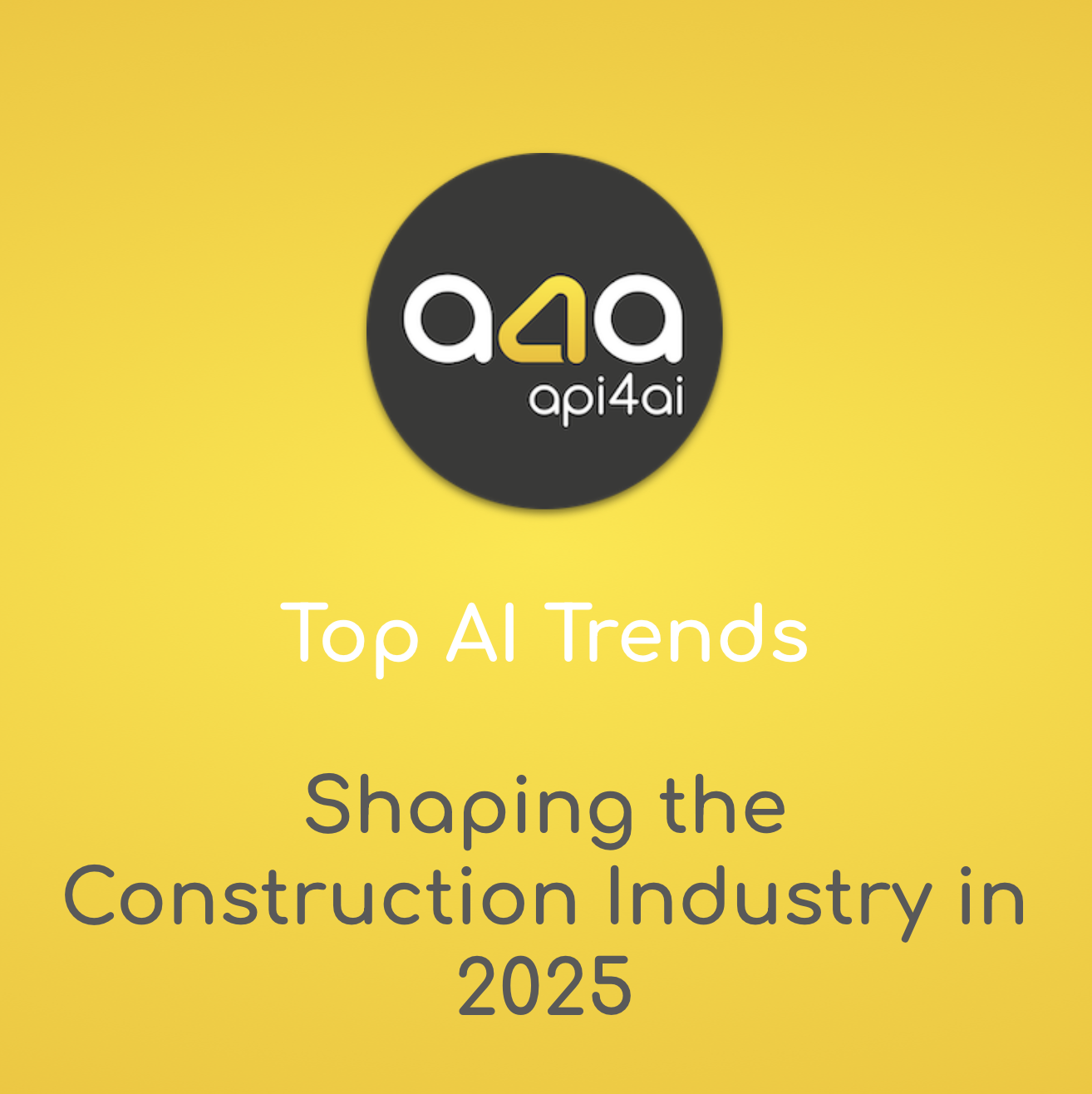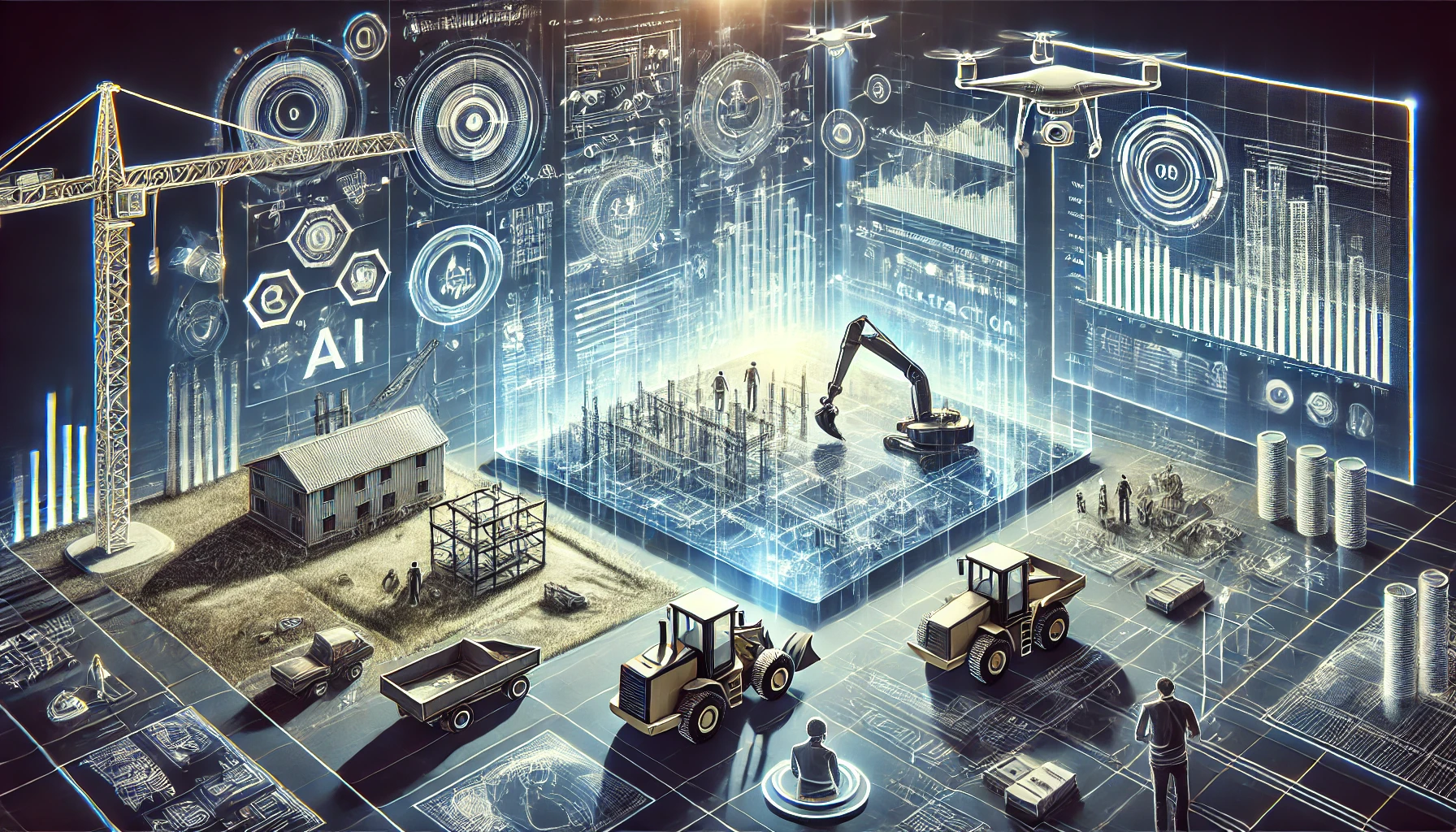
Employee Safety Audits Powered by Smart Cameras
Smart cameras are transforming workplace safety by automatically detecting missing hard hats, high-vis vests, and other PPE in real time. Instead of relying on manual checks, AI-powered systems quietly monitor compliance, alerting supervisors only when something’s wrong. This leads to fewer accidents, lower fines, and stronger margins — all while generating data-rich insights that help companies improve safety practices across every shift.

Top AI Trends Shaping the Construction Industry in 2025
Artificial intelligence is reshaping the construction industry, streamlining processes, enhancing safety, and paving the way for sustainable, high-quality projects. In 2025, AI-powered tools are set to redefine how teams manage resources, monitor safety conditions, and optimize project workflows. These technologies not only address long-standing industry challenges but also open the door to new levels of efficiency and innovation. From improving material usage and reducing waste to enabling precision quality control and designing eco-friendly structures, AI is transforming every aspect of construction. This article explores the top trends that will shape construction in 2025, providing insights into how AI can drive better results, reduce costs, and help firms stay competitive in a rapidly changing landscape.

Image Processing APIs in Construction: Streamlining Data Extraction
The construction industry is evolving, driven by the increasing complexity of projects and the need for efficiency. Managing vast amounts of data from blueprints, permits and site imagery is a significant challenge, but advanced image processing APIs offer a solution. These technologies streamline data extraction, automate workflows and enhance accuracy, empowering construction firms to save time, reduce costs and stay competitive. From OCR to object detection and custom AI solutions, this post explores how image processing APIs are transforming the construction landscape and paving the way for a more efficient future.

AI in Construction: The Role of Image Processing APIs in Monitoring Job Sites
Artificial Intelligence (AI) is revolutionizing the construction industry, with image processing APIs playing a pivotal role in improving job site monitoring. These AI-powered tools enhance safety, boost efficiency, and provide real-time progress tracking. From automating equipment tracking to detecting safety hazards, AI is reshaping how construction sites are managed. Explore how AI tools are driving smarter, safer, and more efficient construction processes for the future of the industry.
